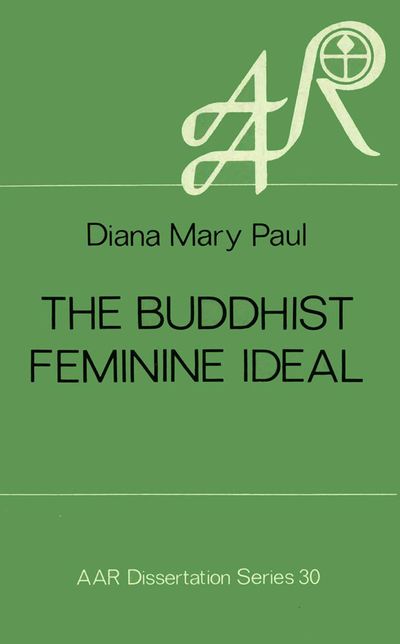No edit summary |
No edit summary |
||
| (One intermediate revision by the same user not shown) | |||
| Line 5: | Line 5: | ||
}} | }} | ||
|FullTextRead=No | |FullTextRead=No | ||
|TextTranslated=Texts/Śrīmālādevīsūtra | |||
|BookToc=*{{i|Introduction|1}} | |BookToc=*{{i|Introduction|1}} | ||
*Chapter | *Chapter | ||
| Line 15: | Line 16: | ||
*{{i|Appendix II: Bibliography|287}} | *{{i|Appendix II: Bibliography|287}} | ||
|AddRelatedTab=No | |AddRelatedTab=No | ||
|StopPersonRedirects=No | |||
}} | }} | ||
Latest revision as of 10:50, 5 August 2020
This book contains many valuable contributions. It places the Śrīmālādevīsūtra in the early development of the Mahāyāna and includes surveys of earlier translations of key terms and an overview of tathāgathagarbha theory. Paul points out the key role that the bodhisattvas play for sentient beings as guides in the transition from ordinary being to buddha. The Śrīmālā, although it affirms that all beings share the same buddha-nature and emphatically embraces the idea of a Single Vehicle, nevertheless asserts that śrāvakas and pratyekabuddhas cannot comprehend the needed steps to shed adventitious stains and reveal the intrinsic purity of mind; only bodhisattvas can. Paul notes that while the Lotus Sūtra proclaimed the universal salvation via the Single Vehicle, and the Tathāgathagarbhasūtra proclaimed universal buddha-nature, it was the Śrīmālā that first combined those concepts. (Alex Gardner, 2018)
| Citation | Paul, Diana Mary. The Buddhist Feminine Ideal: Queen Śrīmālā and the Tathāgatagarbha. American Academy of Religion Dissertation Series 30. Missoula, MT: Scholars Press, 1980. |
|---|---|

